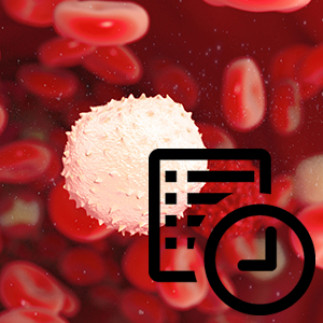Conférence scientifique | Centre de recherche du CHU Sainte-Justine
Titre complet
Rational diagnostics, treatment, and therapy personalization of hemato-immune disorders through translational quantitative medicine
Conférencière:
Morgan Craig, PhD, professeure adjointe, Département de mathématiques et de statistique, Université de Montréal.
Résumé:
The human hematopoietic system is responsible for producing some 500 billion blood cells per day. This stem cell system is particularly important as terminally differentiated blood cells are tasked with performing a dizzying array of functions. Cytokines are small proteins expressed by blood cells and other key organs that act as long-distance signals to up- or down-regulate key processes within the hematopoietic and immune (hemato-immune) systems. The sheer number of cell/cytokine interactions complicates our ability to understand, at a broad scale, the totality of relationships within the hemato-immune systems, and the pathophysiology of blood and immune disorders.
To better design, develop, and administer therapies, we must discern the physiological mechanisms (pathological or not) regulating drug effects. Quantitative medicine, an emerging field integrating (patho)physiology, pharmacometrics, mathematics/statistics, and computational biology/machine learning, allows us to translate from mechanism to disease to therapy to answer foundational questions about how diseases develop, how to address disorders as they progress, and how best to stay healthy.
This talk will highlight three principal axes of my research dealing with how we understand and treat hemato-immune disorders, and leverage immune mechanisms as therapies. I will discuss how I use computational biology in complement with experimental and clinical data to 1) understand healthy hemato-immune regulation to identify pathophysiological mechanisms of rare blood disorders, 2) rationalize the treatment of HIV with long-acting agents, and 3) translate from mechanism to therapy to personalize cancer immunotherapy.

